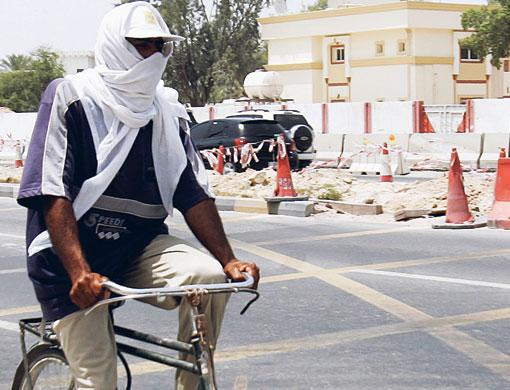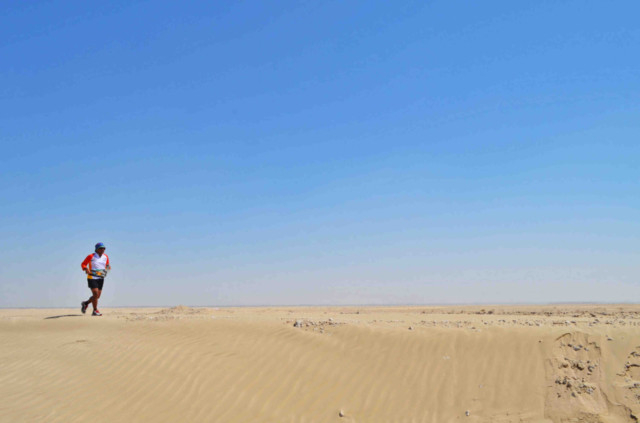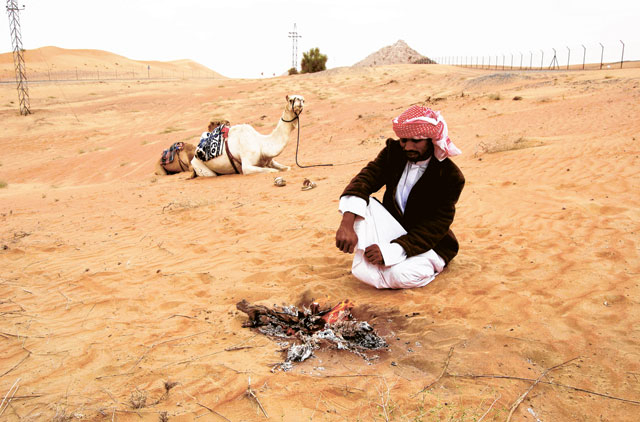Dubai: Record temperatures in the Middle East this summer could be a harbinger of worse to come, Washington Post reported quoting climate experts.
In coming decades, the region’s populations will face extreme water scarcity, temperatures almost too hot for human survival and other consequences of global warming, UN officials and scientists said.
If that happens, more conflicts and larger refugee crises are likely, said Adel Abdul Latif, a senior adviser at the UN Development Programme’s Regional Bureau for Arab States.
Climate change takes toll
“This incredible weather shows that climate change is already taking a toll now and that it is — by far — one of the biggest challenges ever faced by this region,” he said.
These countries have already been grappling with remarkably warmer summers in recent years, but this year has been particularly brutal.
Temperatures in Kuwait and Iraq startled observers. On July 22, the mercury climbed to 53.8C degrees in the southern Iraqi city of Basra. A day earlier, it reached 54C in Mitribah, Kuwait.
If confirmed by the World Meteorological Organisation, the two would mark the hottest temperatures ever recorded in the Eastern Hemisphere.
Forecasters in the UAE said temperatures in the country are still not consistently very high.
July and August are the hottest months in the UAE with maximum temperatures soaring to 48 degrees Celsius and sometimes reaching 50C.
Dry climates
A study published by the journal Nature Climate Change in October predicted that heatwaves in parts of the Arabian Gulf could threaten human survival towards the end of the century.
Already, most countries in the region face acute water crises because of dry climates, rapidly surging consumption and wasteful agricultural practices.















